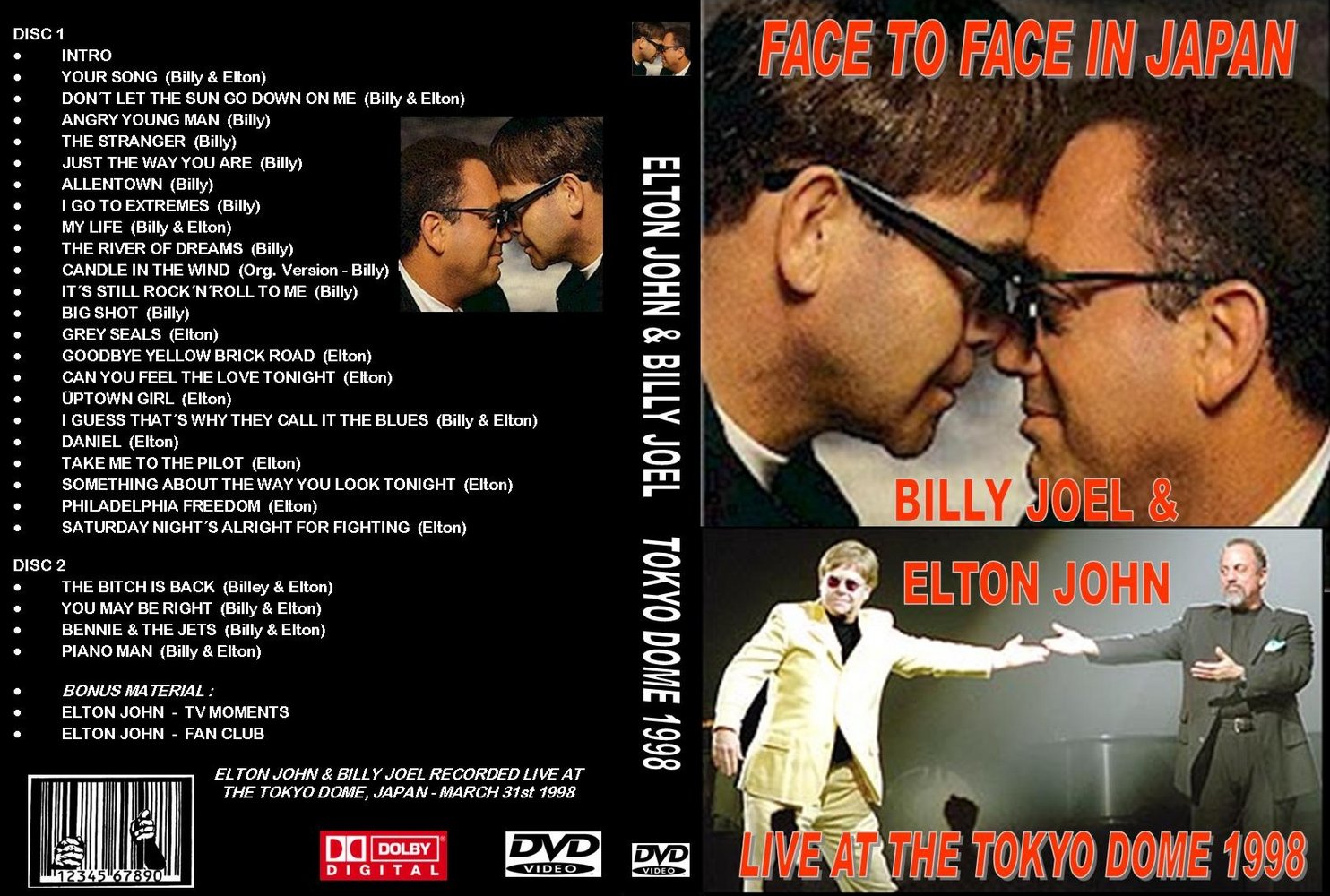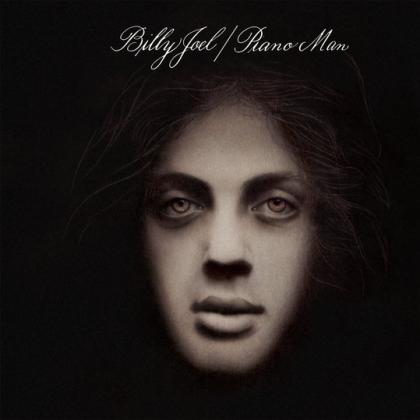

Billy Joel the struggling musician hit paydirt with the title track, a fictional recounting of his pre-fame days as a piano singer who spent years trying to establish himself. While “Piano Man” and “Captain Jack” are fully realized Joel tunes that sound like the man everyone knows, tracks like “Travelin’ Prayer,” “Ain’t No Crime,” and “The Ballad of Billy the Kid” sound like early-‘70s singer/songwriter productions heavily influenced by Elton John. Joel’s inventive melodies, though, established him as a potential star. This legacy edition includes a live radio concert from Philadelphia’s WMMR on April 15, 1972.
Listen to songs from the album Piano Man (Legacy Edition), including 'Travelin' Prayer', 'Piano Man', 'Ain't No Crime', and many more. Buy the album for $14.99.
It’s the show that landed Joel his label contract. The future hit “She’s Got a Way” is here, along with passionate takes on “Captain Jack,” “Everybody Loves You Now,” and “The Ballad of Billy the Kid.” Three tracks, the bar-band rocker “Josephine,” the ballad “Long, Long Time,” and the compelling portrait “Rosalinda” (not “Rosalinda’s Eyes”), complete this amazing concert. Billy Joel the struggling musician hit paydirt with the title track, a fictional recounting of his pre-fame days as a piano singer who spent years trying to establish himself. While “Piano Man” and “Captain Jack” are fully realized Joel tunes that sound like the man everyone knows, tracks like “Travelin’ Prayer,” “Ain’t No Crime,” and “The Ballad of Billy the Kid” sound like early-‘70s singer/songwriter productions heavily influenced by Elton John. Joel’s inventive melodies, though, established him as a potential star. This legacy edition includes a live radio concert from Philadelphia’s WMMR on April 15, 1972. Drivers For Samsung Yp-p2. It’s the show that landed Joel his label contract.
The future hit “She’s Got a Way” is here, along with passionate takes on “Captain Jack,” “Everybody Loves You Now,” and “The Ballad of Billy the Kid.” Three tracks, the bar-band rocker “Josephine,” the ballad “Long, Long Time,” and the compelling portrait “Rosalinda” (not “Rosalinda’s Eyes”), complete this amazing concert. Although Billy Joel never was a critic's favorite, the pianist emerged as one of the most popular singer/songwriters of the latter half of the '70s.
Joel's music consistently demonstrates an affection for Beatlesque hooks and a flair for Tin Pan Alley and Broadway melodies. His fusion of two distinct eras made him a superstar in the late '70s and '80s, as he racked an impressive string of multi-platinum albums and hit singles. Born in the Bronx, Joel was raised in the Long Island suburb of Hicksville, where he learned to play piano as a child. As he approached his adolescence, Joel started to rebel, joining teenage street gangs and boxing as welterweight. He fought a total of 22 fights as a teenager, and during one of the fights, he broke his nose.
For the early years of his adolescence, he divided his time between studying piano and fighting. Upon seeing the Beatles on The Ed Sullivan Show in 1964, Joel decided to pursue a full-time musical career and set about finding a local Long Island band to join. Eventually, he found the Echoes, a group that specialized in British Invasion covers. The Echoes became a popular New York attraction, convincing him to quit high school to become a professional musician. While still a member of the Echoes, Joel began playing recording sessions in 1965, when he was just 16 years old.
Joel played piano on several recordings George 'Shadow' Morton produced -- including the Shangri-Las' 'Leader of the Pack' -- as well as several records released through Kama Sutra Productions. During this time, the Echoes started to play numerous late-night shows. Later in 1965, the Echoes changed their name twice -- once to the Emeralds and finally to the Lost Souls. For two years, he played sessions and performed with the Lost Souls. In 1967, he left the band to join the Hassles, a local Long Island rock & roll band that had signed a contract with United Artists Records. Over the next year and a half, the Hassles released two albums and four singles, all of which failed commercially.
In 1969, the Hassles broke up. Joel and the band's drummer, Jon Small, formed an organ-and-drums duo called Attila. In Attila, Joel played his organ through a variety of effects pedals, creating a heavy psychedelic hard rock album completely without guitars. On the cover of the band's eponymous album, both Joel and Small were dressed as barbarians; in an interview on the back of the album, Joel claimed to forget the name of his previous band and stated that he only 'sweated' two things -- perfecting his sound and the war in Southeast Asia. Epic released Attila early in 1970 and it was an immediate bomb and the duo broke up. While the group was still together, Joel began a romance with Small's wife, Elizabeth; she would eventually leave the drummer to marry the pianist.